Artificial intelligence has challenged a long-held belief in forensic science: that every fingerprint is unique. This discovery, led by Gabe Guo, a senior undergraduate at Columbia Engineering, has implications for crime-solving.
Using a public database of 60,000 fingerprints, Guo employed an AI-based system, a deep contrastive network, to analyze prints, revealing unexpected similarities between different fingers of the same individual.
The Limitations of Traditional Fingerprinting Exposed
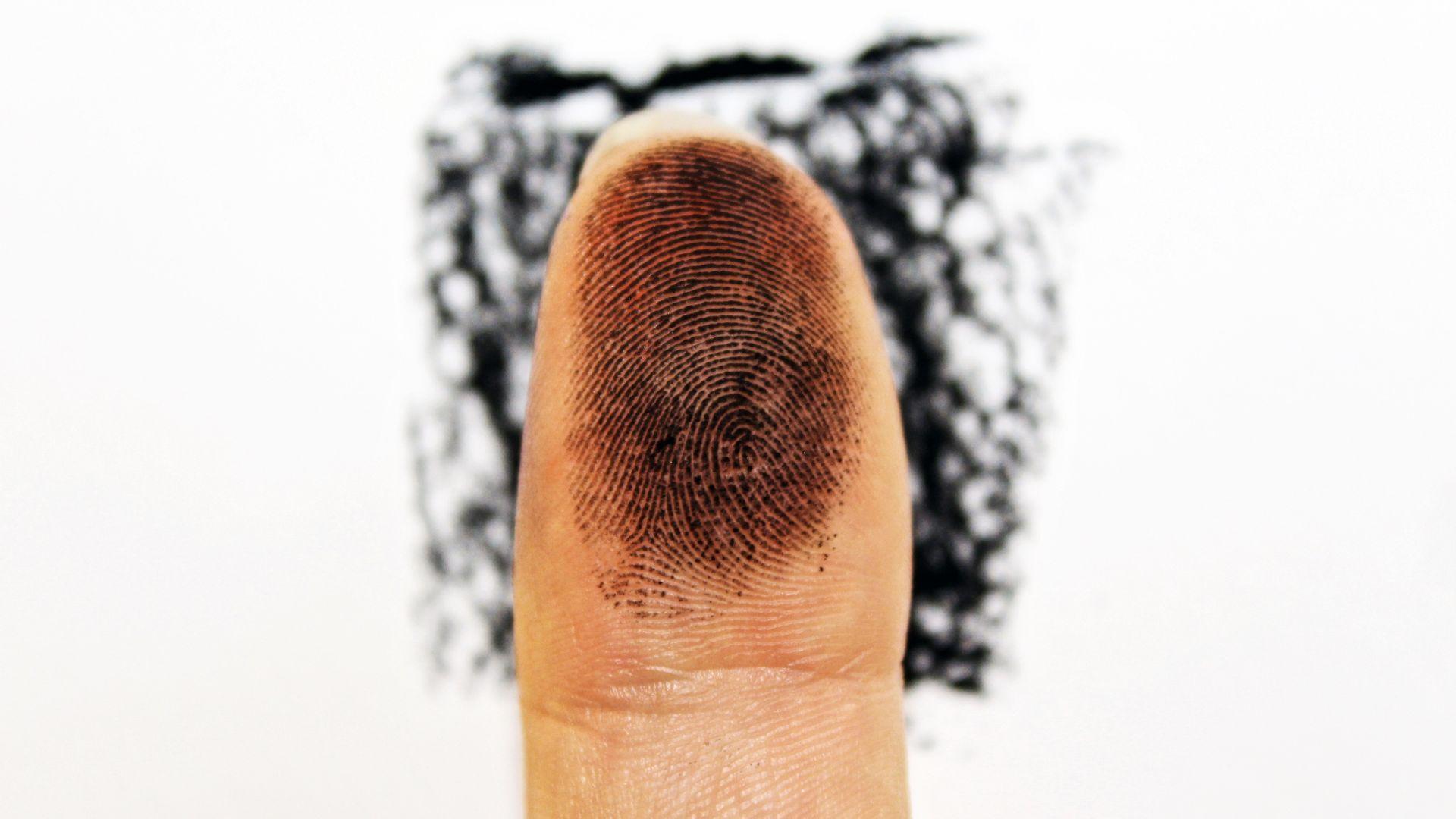
BBC Science Focus reveals that the study led by the team at Columbia demonstrated a 77% accuracy in matching fingerprints from different fingers of the same person.
This finding suggests that the uniqueness of intra-person fingerprints, long believed in forensics, might not be absolute.
The Struggle for Academic Acceptance
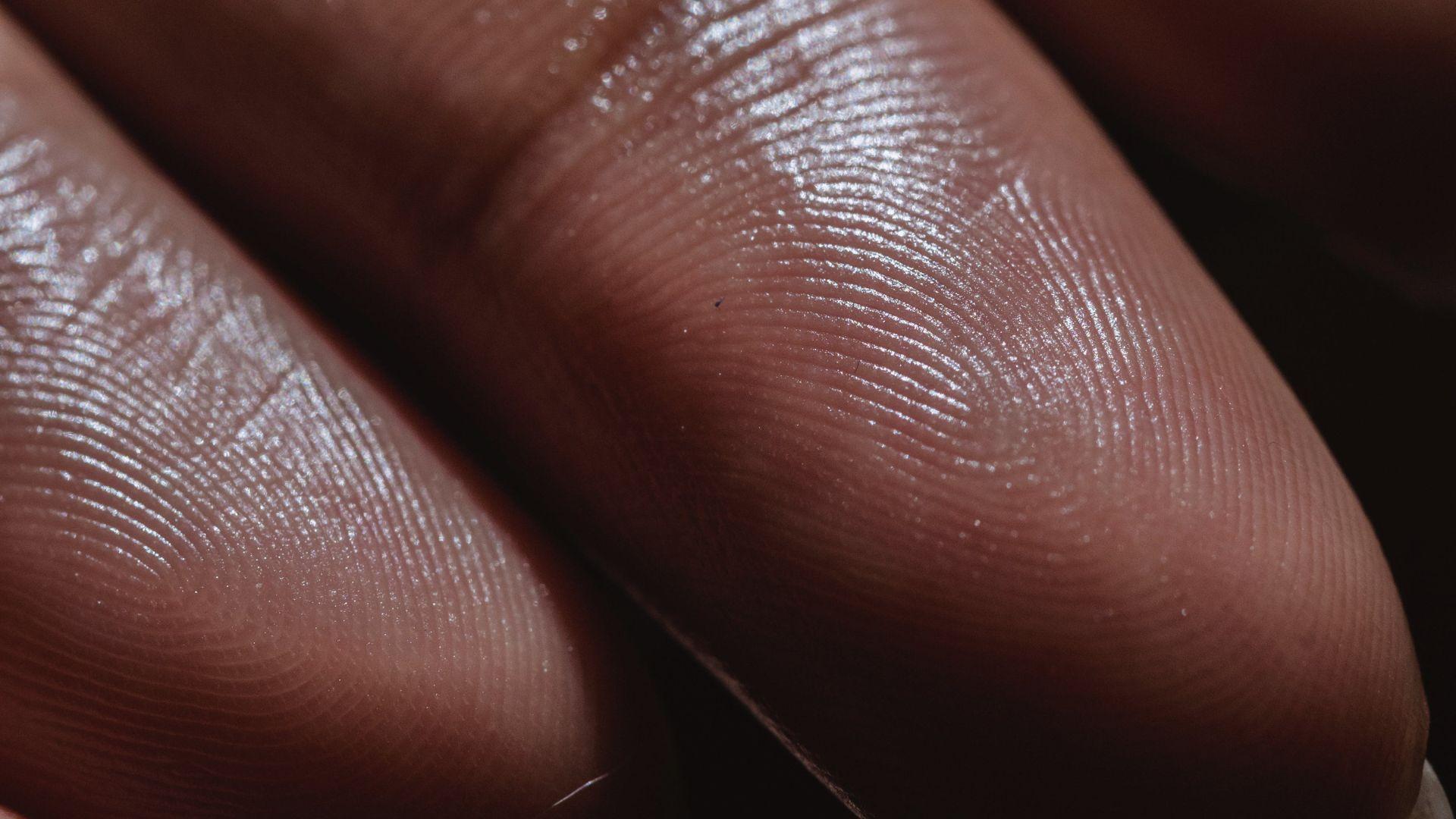
Earth.com details that initially, the research team faced rejection from a forensics journal, rooted in the firm belief in the uniqueness of each fingerprint.
Dr. Hod Lipson, the James and Sally Scapa Professor of Innovation at Columbia, told Earth.com: “The reviewers dismissed the possibility of detecting similarities between fingerprints from the same individual.” Despite this setback, the team’s perseverance led to their findings being published in Science Advances.
AI’s Role in Enhancing Forensic Efficiency
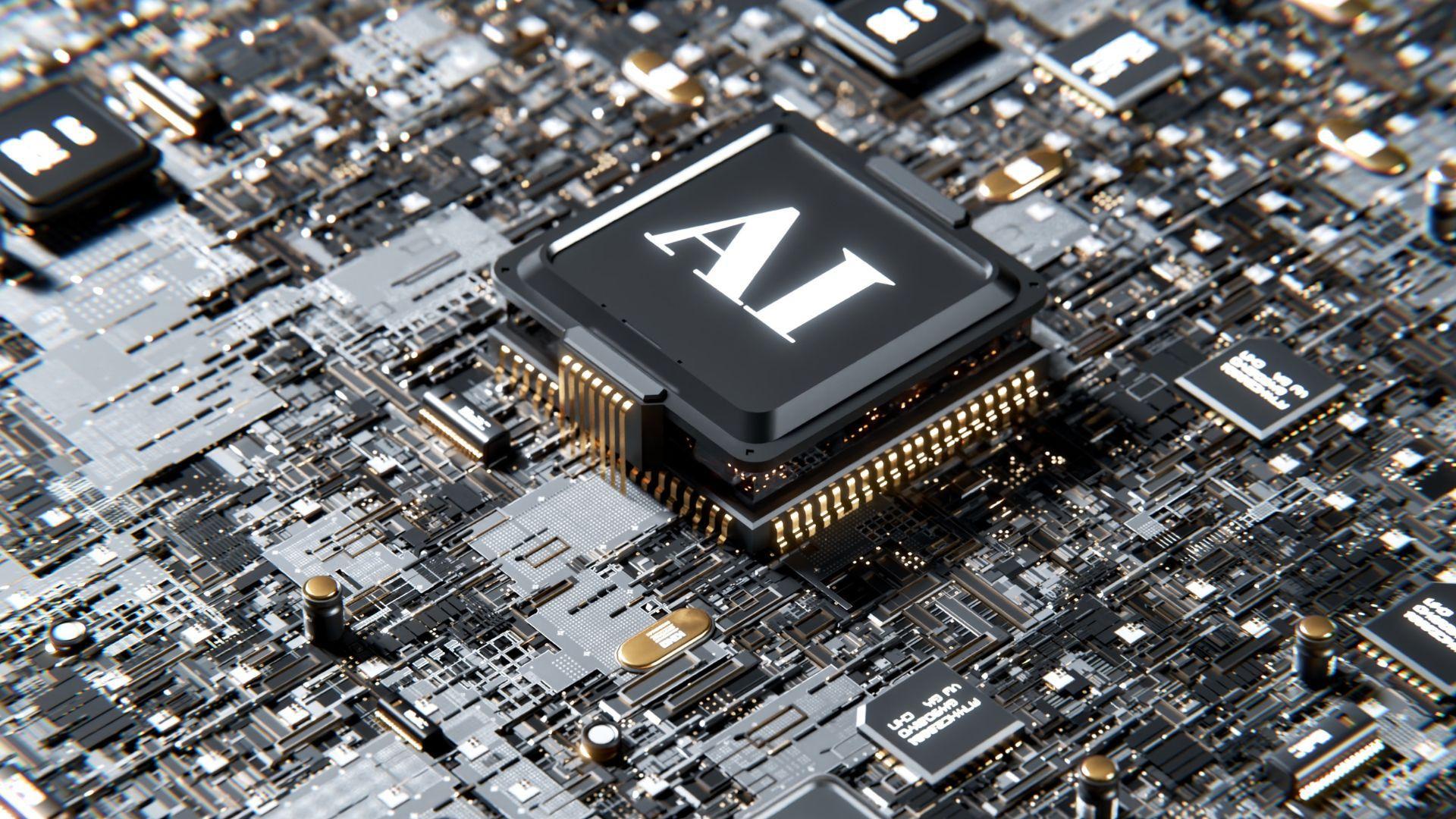
This AI breakthrough could revolutionize forensic science. Its ability to match fingerprints could potentially increase efficiency more than tenfold.
Aniv Ray, a senior at Columbia Engineering, said to BBC Science Focus, “Just imagine how well this [AI] will perform once it’s trained on millions, instead of thousands of fingerprints.”
A New Approach to Fingerprint Analysis
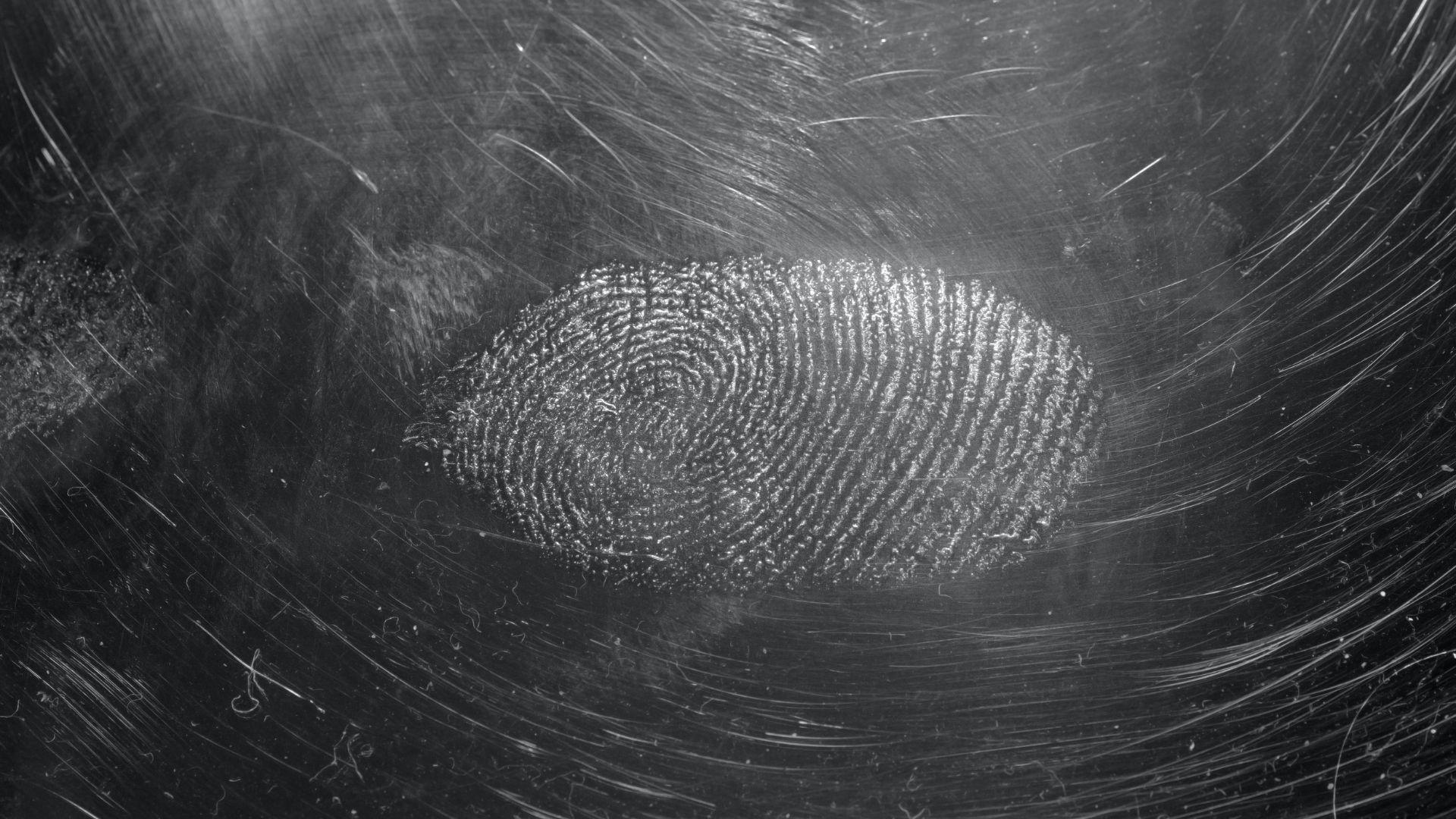
The AI’s methodology differed from traditional fingerprint comparison, as reported by Columbia Engineering.
Guo revealed, “The AI was not using ‘minutiae,’ which are the branchings and endpoints in fingerprint ridges — the patterns used in traditional fingerprint comparison. Instead, it was using something else, related to the angles and curvatures of the swirls and loops in the center of the fingerprint.”
The Potential Impact on Cold Cases and Innocent Individuals

Dr. Lipson emphasized the potential of this AI in solving cold cases and exonerating innocent individuals.
Columbia Engineering reveals that he noted, “If this information tips the balance, then I imagine that cold cases could be revived, and even that innocent people could be acquitted.”
The Implications of AI’s Fingerprint Analysis Beyond Forensics
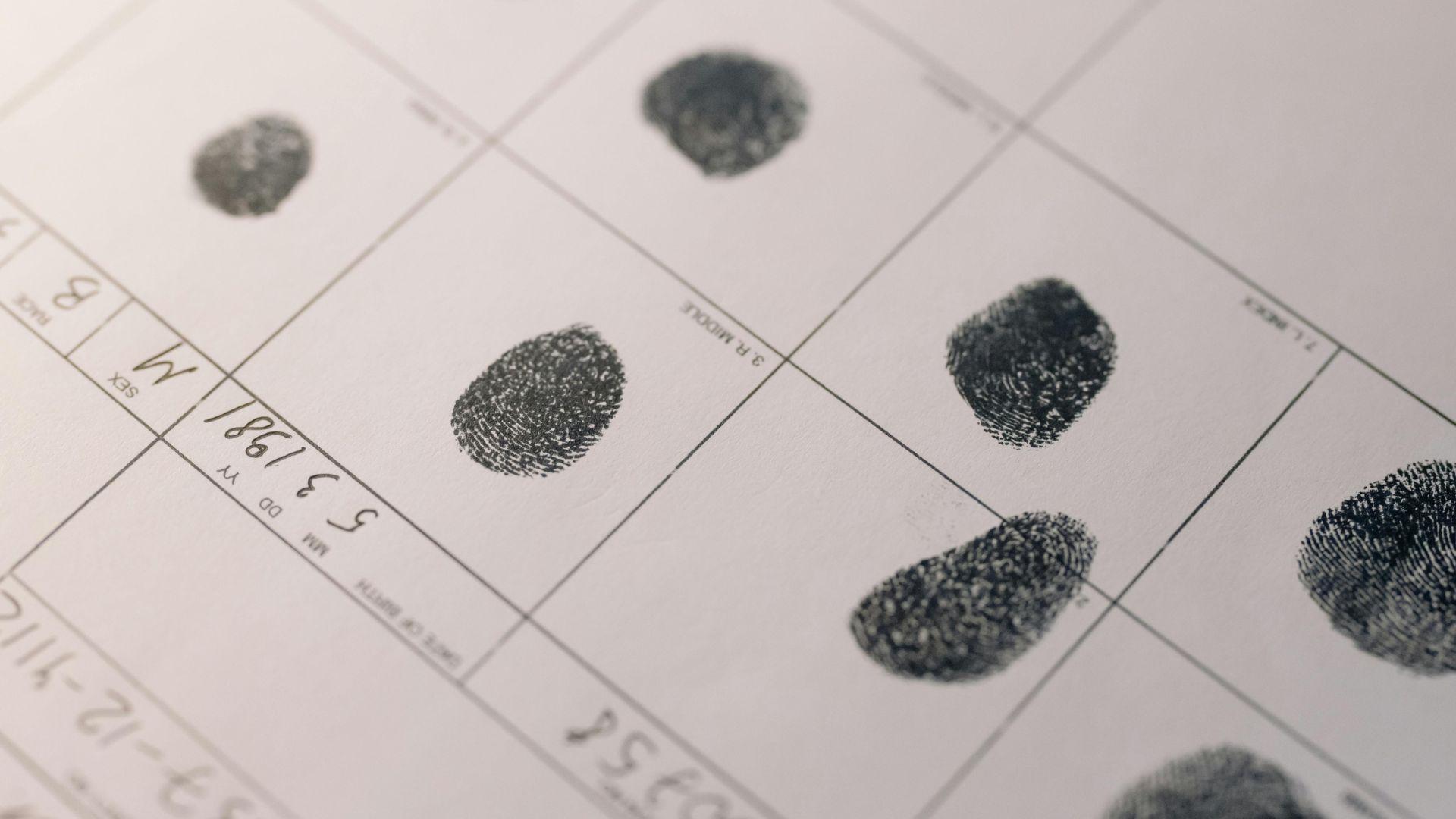
The implications of this AI-driven discovery extend beyond the realm of forensics.
According to Earth.com, the research team is aware of potential biases in their data and recognizes the need for further validation across diverse demographics.
AI and the Democratization of Scientific Discovery
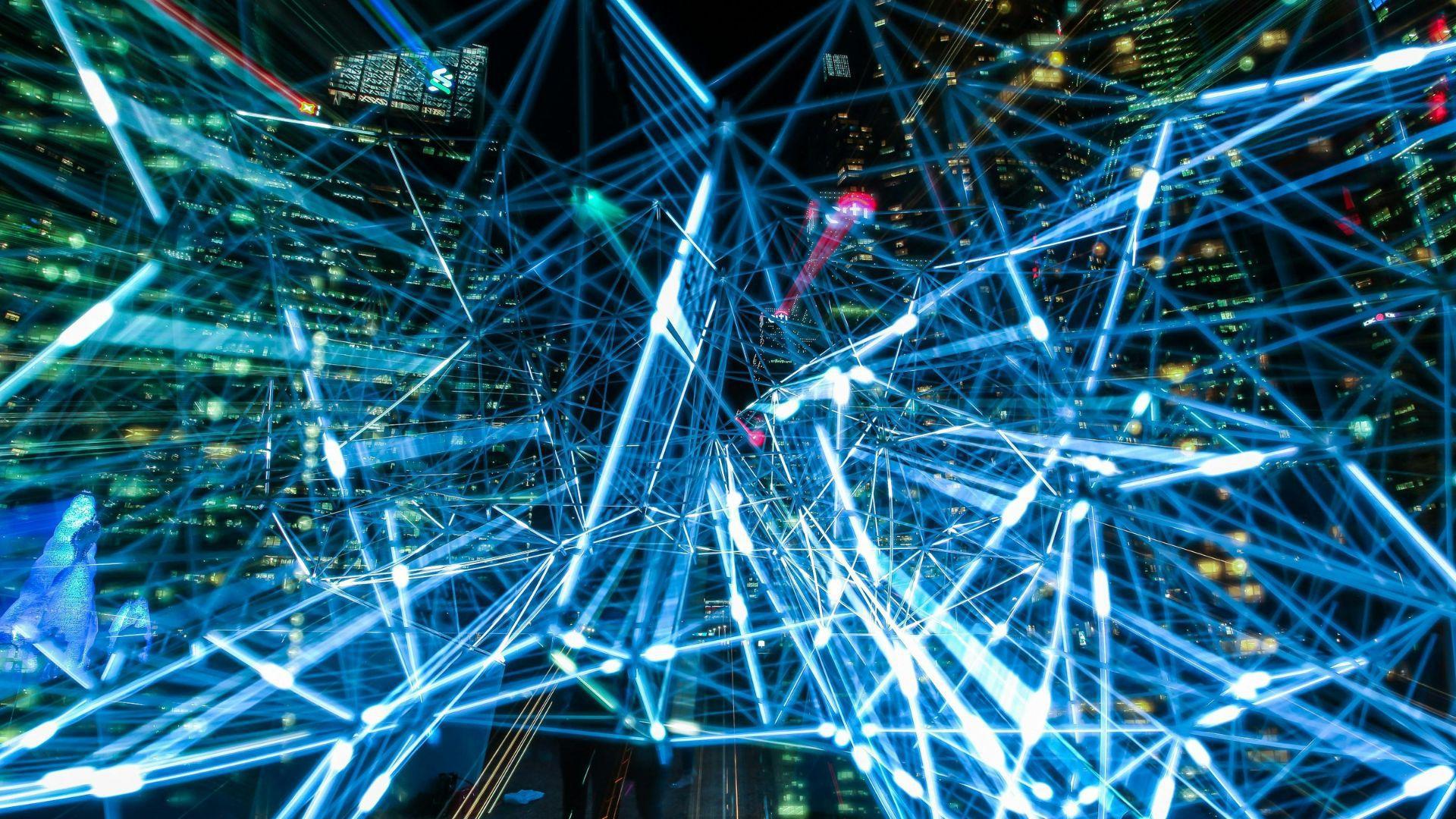
This study represents a shift in scientific discovery, where nonexperts, like undergraduate students, can make significant contributions using AI.
BBC Science Focus reports that Lipson stated, “Many people think that AI cannot really make new discoveries — that it just regurgitates knowledge. But this research is an example of how even a fairly simple AI, given a fairly plain data set that the research community has had lying around for years, can provide insights that have eluded experts for decades.”
The Rarity of Identical Fingerprints
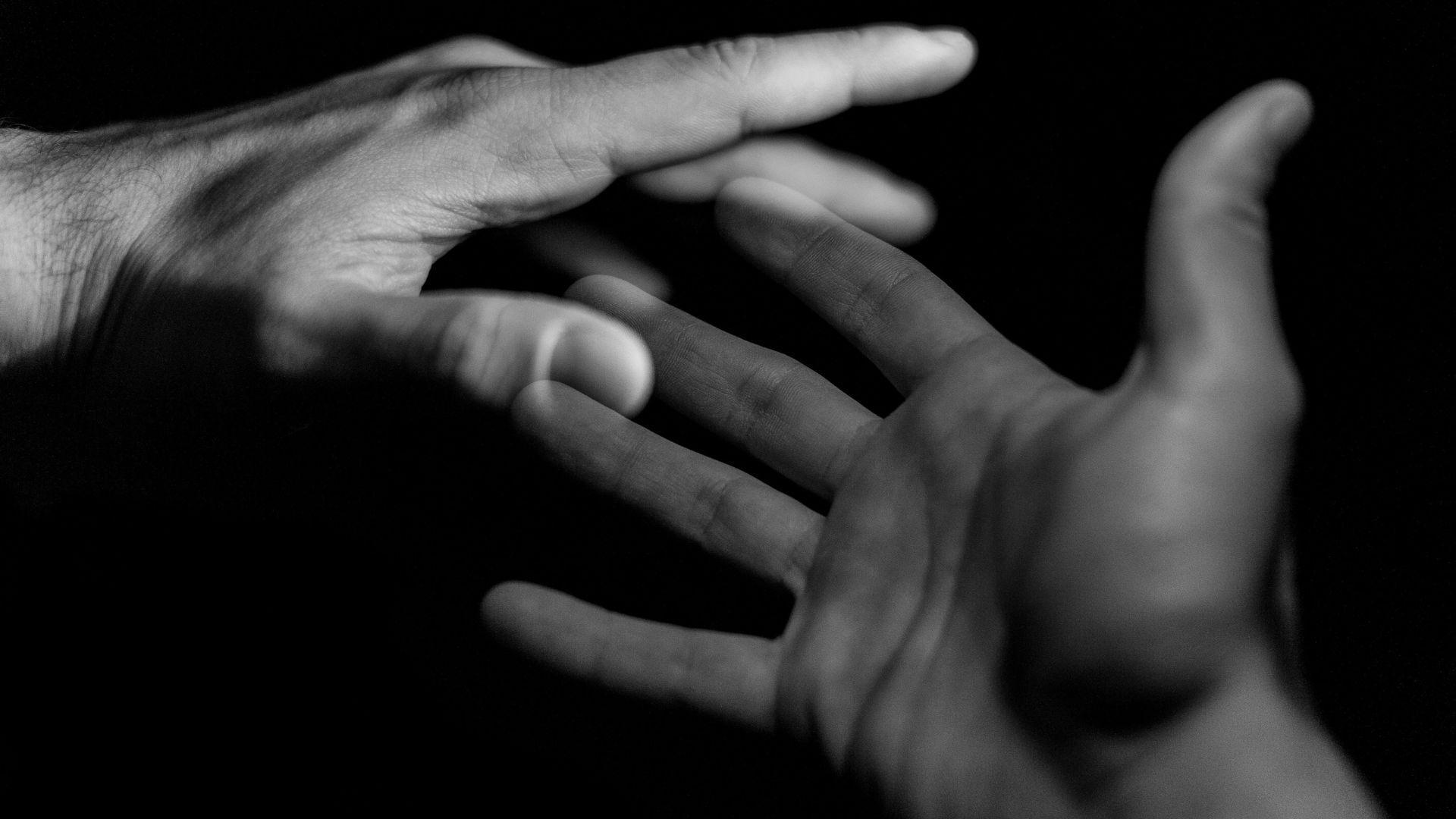
While the study suggests similarities between fingerprints from the same person, the likelihood of two people sharing identical fingerprints remains extremely low.
The probability is estimated to be less than one in 64 billion, according to research published in Springer Nature.
Fingerprint Uniqueness: Beyond Human DNA
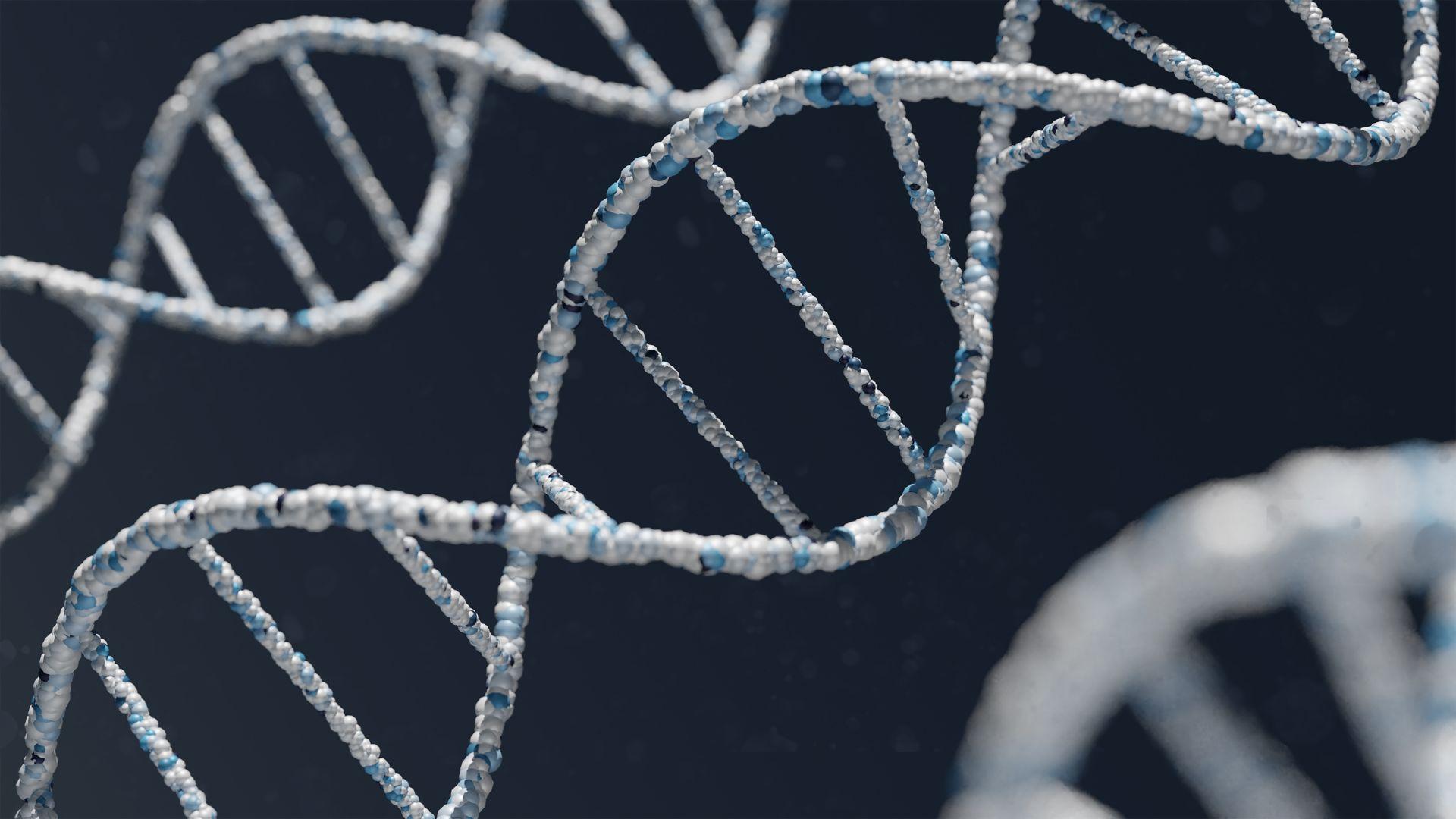
The uniqueness of fingerprints is not solely determined by DNA.
Factors such as umbilical cord length, position in the womb, blood pressure, nutrition, and the rate of finger growth during fetal development all contribute to their distinctiveness, as reported by BBC Science Focus.
Unique Fingerprints in the Animal Kingdom
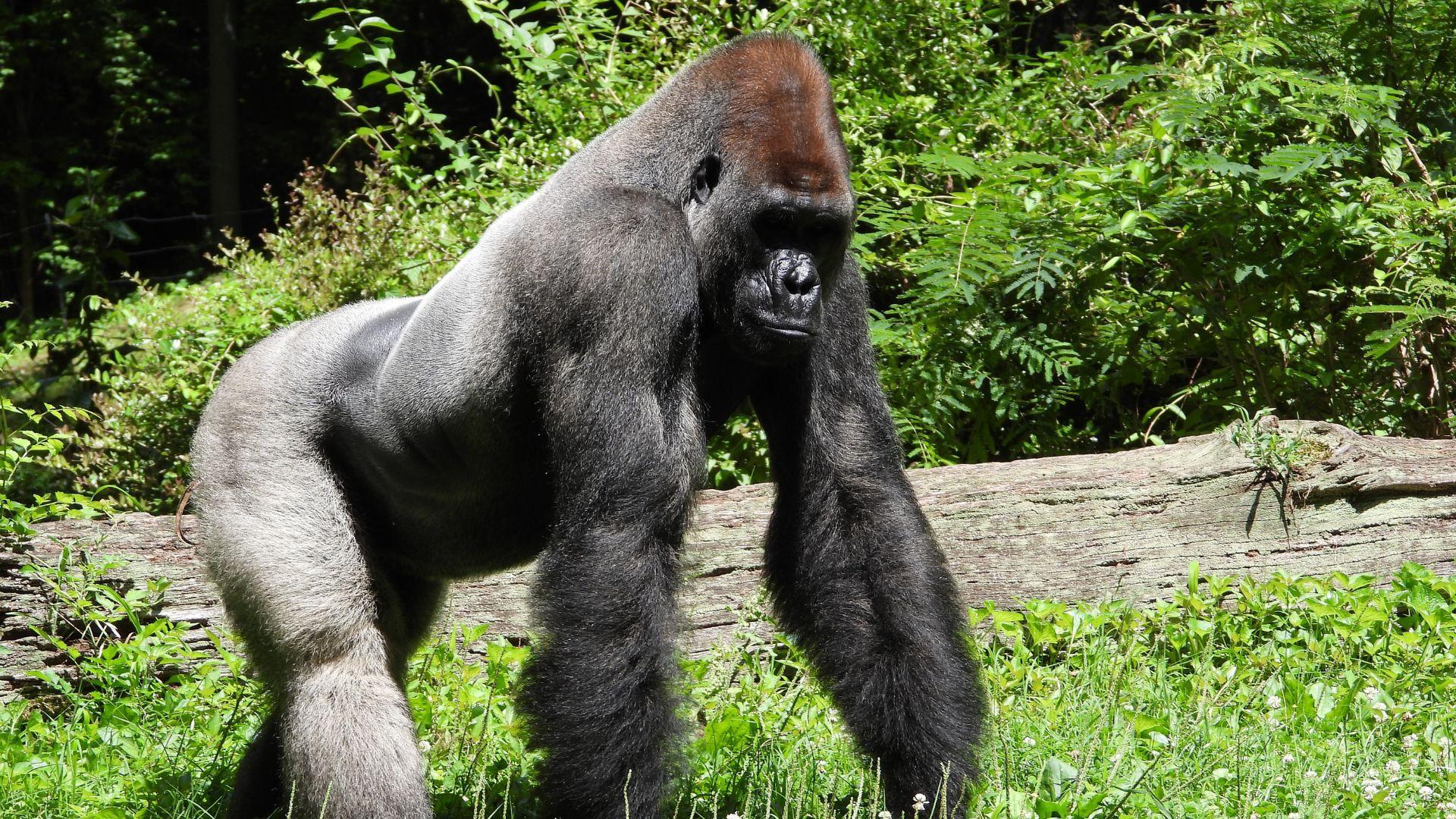
BBC Science Focus also reveals that the phenomenon of unique fingerprints extends to the animal kingdom.
Species like gorillas, chimpanzees, and koalas also exhibit this trait.
The Future of AI in Forensic Science
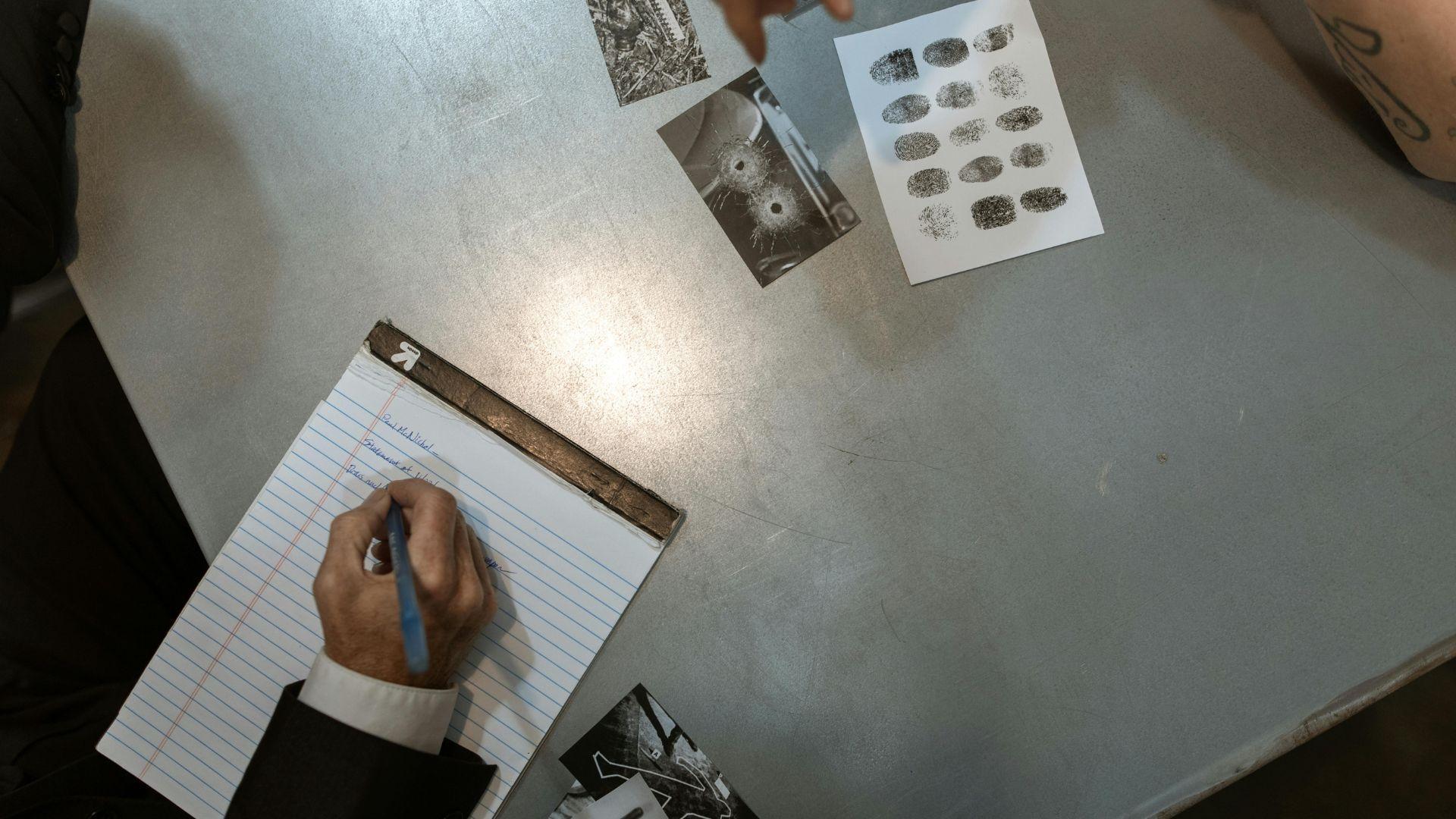
The findings of this study indicate a new era in forensic science, where AI plays a role in advancing our understanding and methodologies.
As Dr. Lipson points out in Columbia Engineering, “We are about to experience an explosion of AI-led scientific discovery by nonexperts, and the expert community, including academia, needs to get ready.”
